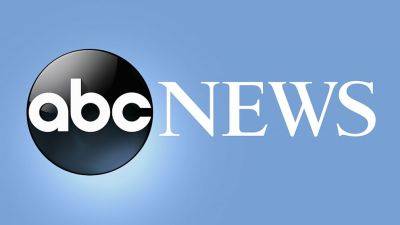Are we looking at the mother of all stock bubbles?
The idea of America as an exceptional nation, superior to its rivals and therefore destined to lead the world, seems passé to most observers. In political, diplomatic and military circles, the talk is of a dysfunctional superpower, isolationist abroad and polarized at home. But in the investing world, the term “American exceptionalism” is hotter than ever.
United by faith in the strength of U.S. financial markets and their capacity to keep outperforming all other economies, global investors are committing more capital to a single country than ever before in modern history. The U.S. stock market now floats above the rest. Relative prices are the highest since data began over a century ago and relative valuations are at a peak since data began half a century ago.
As a result, the United States accounts for nearly 70 per cent of the leading global stock index, up from 30 per cent in the 1980s. And the dollar, by some measures, trades at a higher value than at any time since the developed world abandoned fixed exchange rates 50 years ago.
The overwhelming consensus is that the gap between the U.S. and the world is justified by the earnings power of top U.S. companies, their global reach and their leading role in tech innovation. These strengths are all real. But one definition of a bubble is a good idea that has gone too far. Awe of “American exceptionalism” in markets has now gone too far.
America’s share of global stock markets is far greater than its 27 per cent share of the global economy. The upcoming return of Donald Trump to the White House has reinforced the disconnect. Investors believe his plans to raise tariffs, lower taxes and cut regulations will further inflate U.S. markets, which have outrun the rest of the
Read more on financialpost.com























